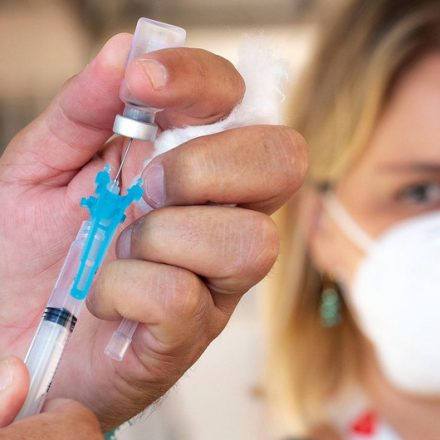
According to a report from the University of Michigan Health C.S. Mott Children’s Hospital National Poll on Children’s Health, approximately two-thirds of parents have experienced at least one day in the past two years with subpar or hazardous air quality in their vicinity. When faced with poor air quality warnings, the majority of parents opted to keep their windows closed and limit their children’s outdoor activities. However, less than half of them advised their children to abstain from strenuous outdoor activities or employ a home air filter. Only one in nine parents had their child wear a mask outdoors, and one in seven took no specific action.
Despite two-thirds of parents expressing concern about how air quality might impact their children, fewer feel confident about the measures they should take to safeguard them. Dr. Susan Woolford, a pediatrician at U-M Health C.S. Mott Children’s Hospital and co-director of the Mott Poll, remarked, “Our report suggests poor air quality is a common issue for families. Local news and weather reports may help parents gauge their community’s air quality, but many seem unsure about how to protect their child when air quality worsens… This makes it essential to take precautions to protect their well-being when the air is unhealthy.”
Of parents who reported experiencing poor air quality in the past two years, 18 percent believe it had a negative impact on their child’s health, according to the nationally representative survey based on responses from 2,044 parents of children aged 18 and under who were surveyed in August. Most parents attribute poor air quality to wildfires, while fewer point to excessive heat. Even fewer cite seasonal changes like pollen, elevated ozone levels, and industrial pollution. Over 90 percent of parents rely on news or weather reports as their primary source of information about air quality issues.
Only 21 percent of parents are aware that their child’s school has a policy outlining steps to take when the air quality is poor. While most parents support moving recess and physical education indoors and canceling outdoor sports and activities, fewer are in favor of encouraging children to wear masks outside. Dr. Woolford emphasized the importance of considering both the benefits of outdoor activities for children’s physical and mental health, as well as the risks associated with pollution exposure. She suggested, “When air quality problems are expected to be temporary, moving activities indoors or planning outdoor events for early in the day when air quality tends to be better may be warranted to prevent high levels of exposure.”
Dr. Woolford also highlighted the role of local and state policymakers in mitigating the adverse effects of poor air quality, suggesting measures such as zoning policies to reduce traffic near schools and funding for air quality improvement in educational and community settings. She further advised parents of children with preexisting respiratory conditions like asthma to consult their healthcare providers for guidance on managing their condition during events that increase their risk of pollutant exposure. Dr. Woolford concluded, “Schools play an important role in protecting children from the adverse effects of poor air quality. We found that most parents are supportive of protective actions, such as moving recess and physical education indoors.”











